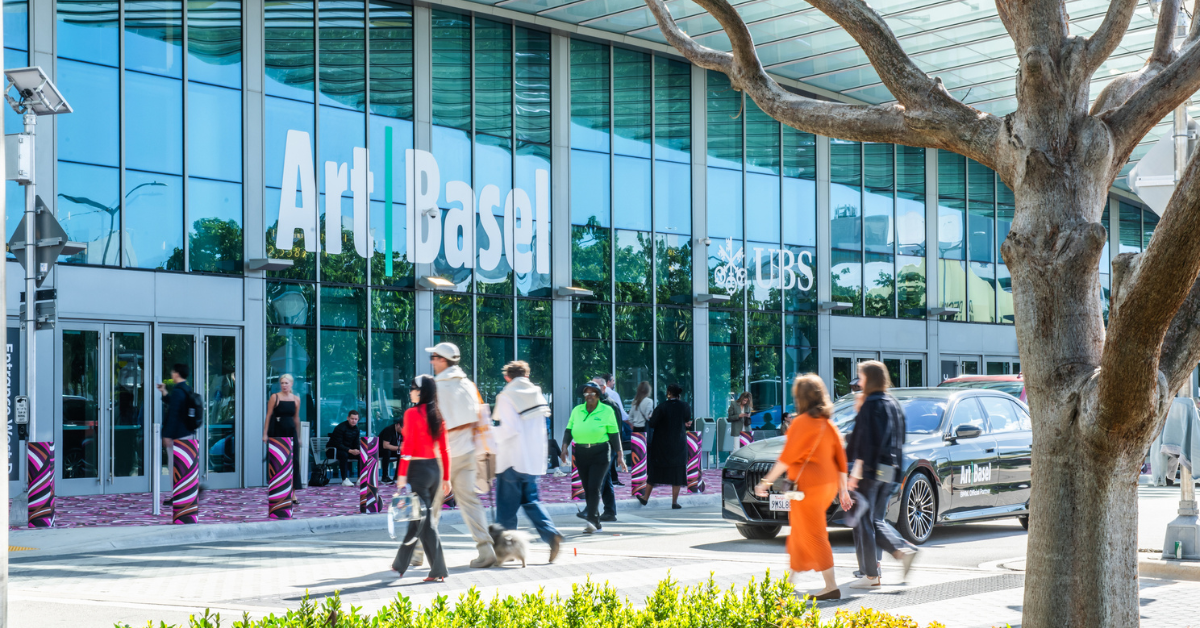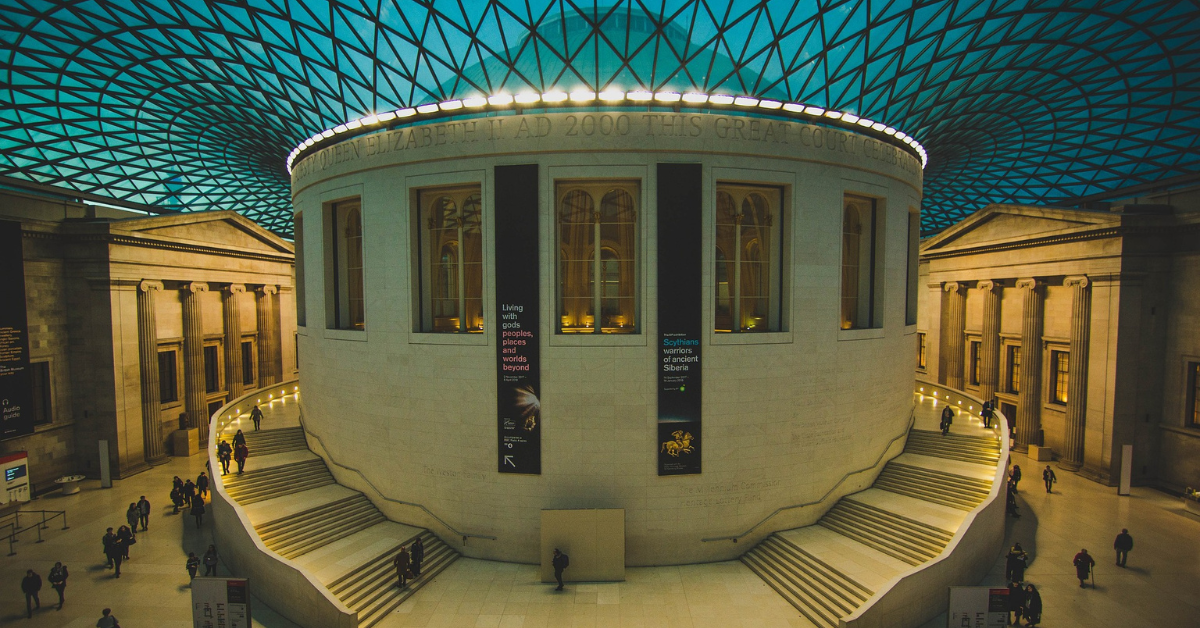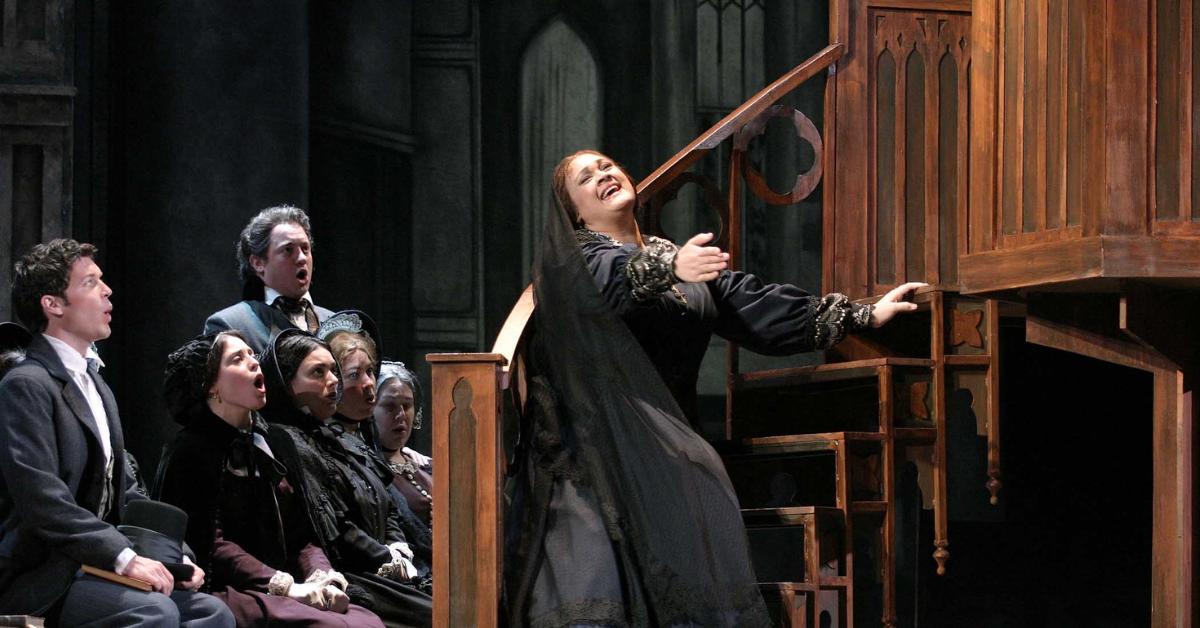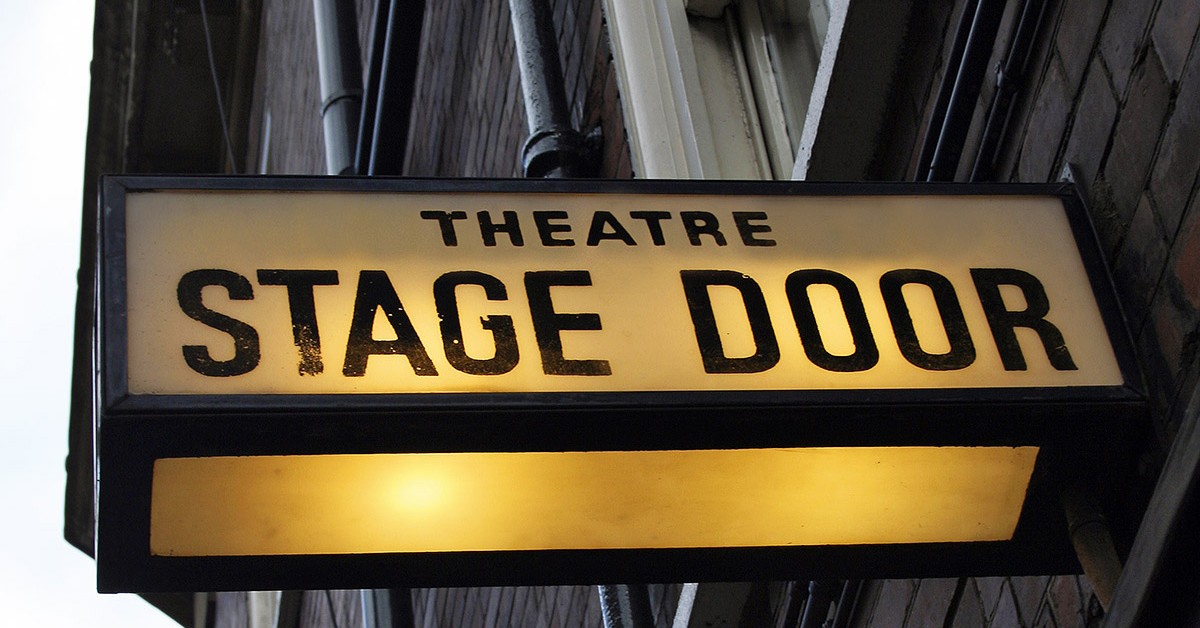
There is no question that life has changed over the last decade and dramatically in the last few years. Technological changes including advanced in wireless, projection and communication, societal trends arising out of the me-too movement and calls for diversity and inclusion and the most unpredictable and dramatic event of all- the global pandemic are seen reflected in the arts.
When it comes to theater and theater production, these advances and trends have had varying impacts. This is one of the arts (there are definitely others) where the traditional is valued in practice as much as the innovative. The plays of Shakespeare are still produced in both traditional and innovative ways. But who would have thought that a rap musical about the founding fathers of the United States performed by a mostly black cast would become a fixture and a draw for all audiences? After almost 20 years, it is clear that the appeal goes beyond the novelty.
There is a huge difference, however, between what happens with Broadway shows and what happens in independently produced regional theaters. The challenges of budget and production have always been large, but the global pandemic changed the landscape dramatically and in sometimes unexpected ways.
CultureOwl asked some of our members to answer a few questions about how they have been impacted and what has changed and the answers are not always what you would expect.
Themes of collaboration and nurturing audience and community resound. Technology, although asked as a specific question, emerges as a factor in almost every answer. It is also clear that theaters are still recovering from the sudden total loss of audience that occurred in 2020. Many have retained the streaming strategies they embraced and now they will have to balance it with the audience desire for engagement and immersive performance. From our editorial perspective, we believe that there is no substitute for live performance, just as we encourage you to go see the art.
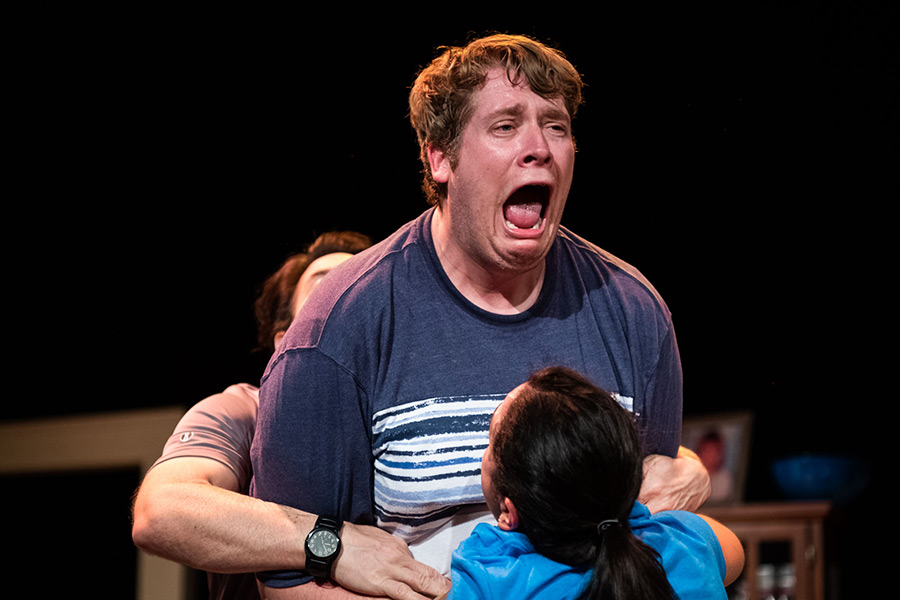
Tim Davis is the Producing and Artistic Director of New City Players in Wilton Manors, Florida, an innovative company that performs in a very intimate space. They produce original works as well as classics and engage their loyal followers and the with fun events such as trivia nights and informal play readings.
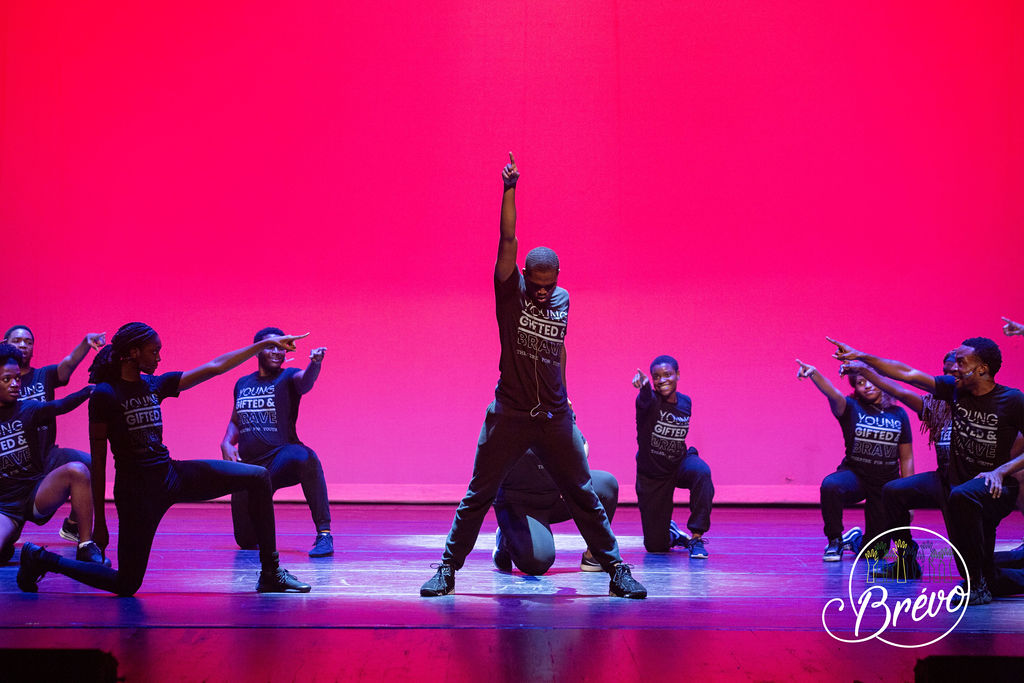
Zaylin Yates, Founding Managing Director of Brévo Theatre in Miami Florida, founded his company in 2021. His partner in this project is Producing Artistic Director Terrence Pride. The two started working together as students. Their company performs in several different spaces and is focused on community and educational components.
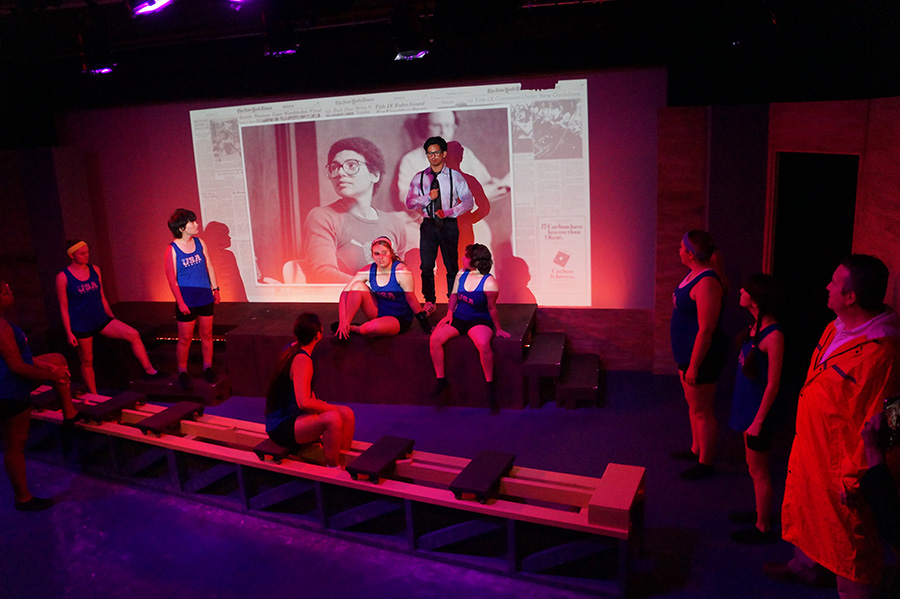
Deb Kelley is the Marketing Director for PowerStories in Tampa, Florida, a mission driven theater, but her involvement with the field is deep including acting, playwriting and criticism. She works closely with founder Fran Powers to ensure the telling of true stories that emphasize the works of women and girls. The company strives to provide the audience with personal engagement with true stories.
How have advances in technology impacted your theater production the most?
DEB - During the pandemic, we had to pivot from being a theatre that people attend to investing in state-of-the-art equipment and providing live entertainment online via live-streaming in an empty theatre. This allowed us to expand our local Tampa Bay audience to reach a global one. After the pandemic ended, we continued using technology to share original plays with a worldwide audience live-streamed in our annual Voices of Women Theatre Festival.
TIM - Our company has embraced many internal tools to streamline operational efficiency: Slack, Asana, and Google Docs being the main ones that have allowed us to connect and streamline projects.
ZAYLIN - One of the most impactful changes has been the integration of digital elements into performances. This includes the use of projections, LED screens, and innovative lighting and sound design, enhancing the visual and auditory experience for audiences. Live Streaming performances or making recorded shows available online has increased accessibility and audience engagement.
What trends have have you seen emerge in the past decade?
DEB - Again, due to the pandemic, the trend of digital, live-stream, and Zoom productions has emerged to combat the empty theatre and help isolated people feel connected.
TIM - I think more and more people are craving an experience they are a part of as opposed to being a spectator. Whether that is more immersive theatre offerings or creating a patron journey that includes a move engaging approach to hospitality. For people to get off their couch and give up a night of rest and relaxation, it needs to be special.
ZAYLIN - Immersive theater experiences, where the audience becomes part of the story, have gained popularity. There's also been a focus on diverse storytelling, representation, and exploring socially relevant themes in productions. Additionally, experimental theatre with non-traditional formats and interactive elements have become more prevalent, blurring the lines between performers and the audience.
How do you go about choosing what to produce for your season?
DEB - Our mission statement is to choose plays that are true stories that open minds and hearts and inspire action worldwide. Our Artistic Committee reads, rates, and reviews each selected play, and we discuss the selections for the season. We've recently brought on an Artistic who will be responsible for choosing the plays for the Committee to review.
TIM - Since we started it has changed! In the early years there was more of an emphasis on what we, the artists in charge, wanted to do. Now there is a balance that takes our community into consideration far more. Broward is one of the most diverse counties in the country. We should be telling stories that represent where we live.
ZAYLIN - Artistic vision, audience preferences, the relevance of the themes explored, working relationships with artists, and financial considerations all play a role in choosing a season. One of the biggest considerations is how we can include an impactful Education or Community Engagement component with the production.
How has the relationship between audience and cast changed?
DEB - Both the audience and cast have a more heightened appreciation for live interactions. In the pandemic years, you watched a production. Still, unless you did a live Zoom talkback with the cast, you didn't get that real-time engagement, immersive experience, or that sense of immediacy you get in a conventional live theatre setting. If the return to live theatre has shown us anything, it is that the audience and cast prefer the immersive nature of live theatre in a theatre setting, not sitting behind a monitor or laptop.
TIM - I’m not sure it has to be quite honest. People have always been interested in going behind the scenes (but I actually think it’s less than we think).
ZAYLIN - Social media platforms and digital communication have facilitated direct interactions between actors and audiences. This has created a more accessible and personal connection, allowing for real-time engagement and feedback before, during, and after performances. In addition, audiences have changed in several ways, including in their preferences, demographics, and consumption habits. Many theatergoers seek more immersive and interactive experiences. They also tend to engage with digital content regularly and expect theaters to offer online booking, digital communication, and even virtual or augmented reality experiences.
In what ways have your audience changed and how has your theater adapted to those changes?
DEB Today's audience has many live theatre options, so we try to offer something extra to stand out. In addition to our plays, we try to find something special that goes above and beyond the typical theatre experience It's not just about the play; it's about creating a connection between the audience and the stories we're putting on stage. We bring in real people who have a connection to the stories we're telling. For example, in our 22nd season, "Conspiracy of Silence: The Magdalene Laundries," we had the youngest survivor of the Magdalene Laundries join us for a Q&A from Ireland on Zoom. It adds a personal touch, making the whole experience more meaningful for our guests..
In addition, as our audience has gone global, we now offer a combination of live-in-theatre productions and live-streamed or digitally-recorded ones.
TIM - Post-pandemic our audience has shrunk and we moved venues which created a challenge in audience retention on top of the pandemic. I think our approach to creating an experience characterized by radical hospitality has stayed the same.
ZAYLIN - Theaters have embraced technology to enhance audience engagement and accessibility. This includes offering online ticketing, streaming or recording performances for on-demand viewing, and integrating digital elements into live shows to create more immersive experiences. Theaters have also used social media and targeted digital marketing to reach and engage with diverse audience segments. Ultimately, technology has been a catalyst for change in theater production, influencing everything from the creative process to audience engagement strategies. This has prompted us to be more innovative in each of our productions to ensure we remain relevant and appealing.
